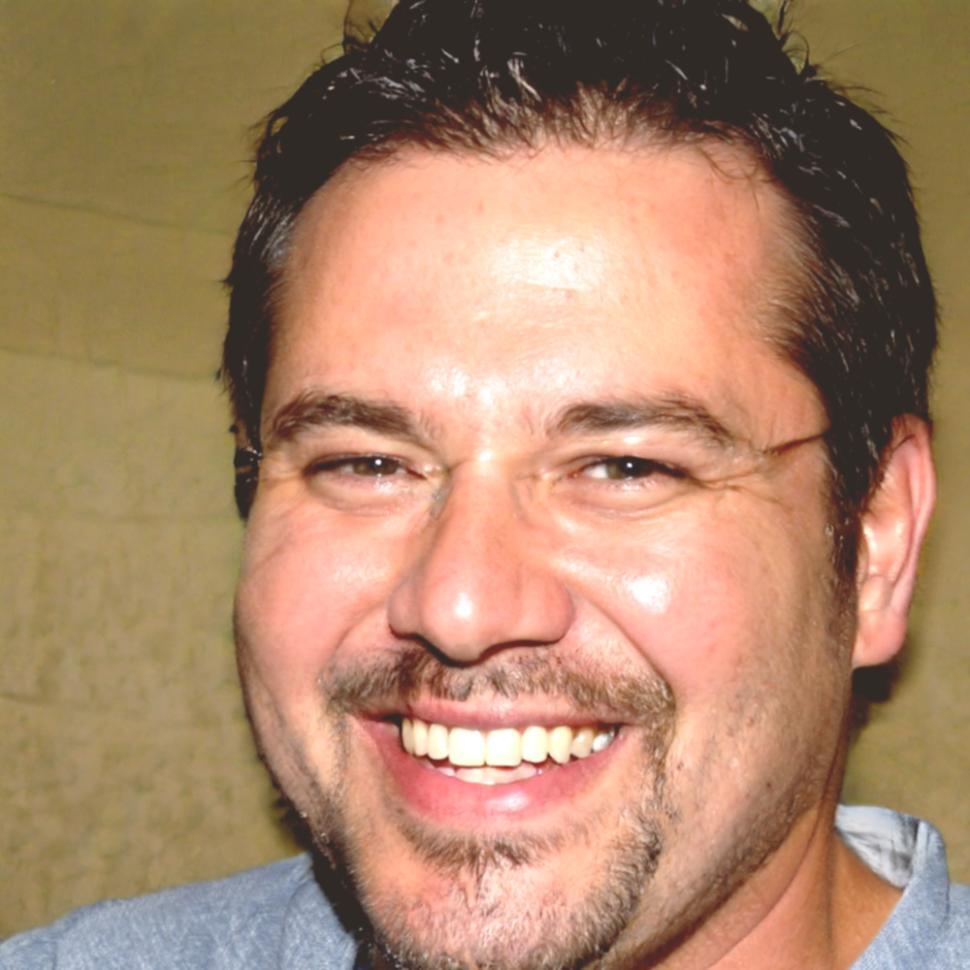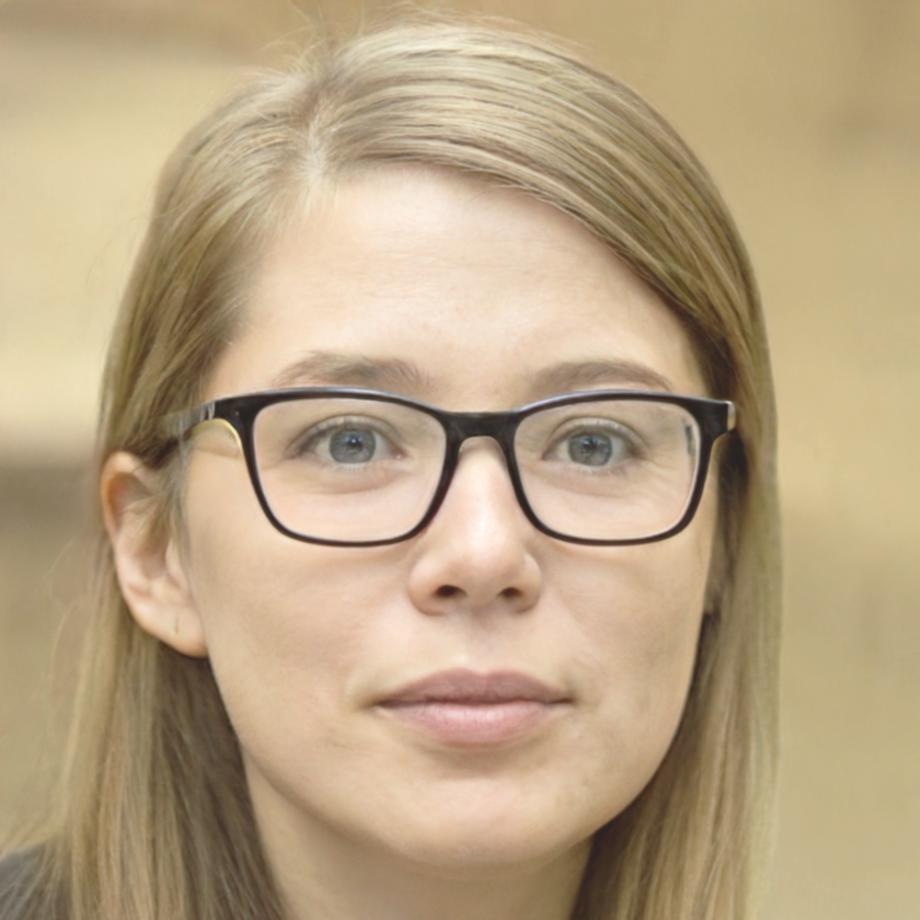Building Better Money Conversations
Most people struggle with talking about finances. It's not because the numbers are complicated—it's because nobody taught them how to communicate budget decisions clearly. And that gap costs time, creates tension, and blocks progress.
Our program focuses on practical communication skills you can use immediately. Whether you're coordinating with family members, working with business partners, or leading a team through financial planning, these methods work.
Finding Your Starting Point
Everyone enters financial communication from a different place. Here's how to figure out which path makes sense for your situation right now.
Never discussed budgets formally?
Start with the foundations track. You'll learn basic frameworks for presenting numbers without overwhelming people, and simple phrases that keep conversations productive instead of defensive.
By mid-September 2025, you'll be running short family or team budget discussions confidently.
Already managing small budgets?
The intermediate track gives you tools for handling disagreements, presenting tradeoffs clearly, and building consensus when priorities conflict.
Perfect if you're handling household finances or small business operations where multiple voices need to align.
Leading teams through planning?
Advanced modules cover facilitating group decisions, translating complex financial concepts for non-specialists, and maintaining momentum through long planning cycles.
Designed for managers and coordinators who need to keep diverse groups moving forward together.
What You'll Actually Learn
No fluff about mindset or motivation. Just practical techniques you can apply the same week you learn them. Each module builds on the previous one, but you can also jump to specific areas where you need help most.
Setting Up Conversations
How to frame budget discussions so people engage instead of shutting down. Includes opening statements that reduce defensiveness and structures that keep meetings focused.
Creating agendas that people actually follow, establishing ground rules without sounding controlling, and recognizing when conversations are going off track before they derail completely.
Presenting Financial Information
Techniques for showing numbers in ways that make sense to people without financial backgrounds. You'll learn what to show, what to leave out, and how to handle questions that expose gaps in shared understanding.
Building visual aids that clarify instead of confuse, explaining variance without assigning blame, and connecting financial data to decisions people care about.
Handling Disagreements
Methods for working through conflicting priorities without damaging relationships. Focus on finding workable compromises rather than winning arguments.
Acknowledging concerns without committing to changes, proposing alternatives that address core issues, and knowing when to table discussions instead of forcing resolution.
Building Consensus
Strategies for getting diverse groups to agree on financial priorities and allocation decisions. Especially useful when dealing with stakeholders who have very different values and goals.
Identifying shared objectives hidden under surface disagreements, creating decision frameworks everyone can accept, and documenting agreements to prevent future confusion.
Next Program Starts October 2025
Sessions run for eight weeks with one 90-minute meeting per week. You'll work through real scenarios from your own situation, not generic case studies. Small groups—maximum twelve participants—so everyone gets feedback on their specific challenges.
Classes happen online via video conference. You'll need reliable internet and somewhere you can speak freely, but no special equipment. Recordings available if you need to miss a session, though live participation works better for practice exercises.
The program costs 3,200,000 VND total. That includes all materials and access to monthly follow-up sessions for six months after the main course ends.





